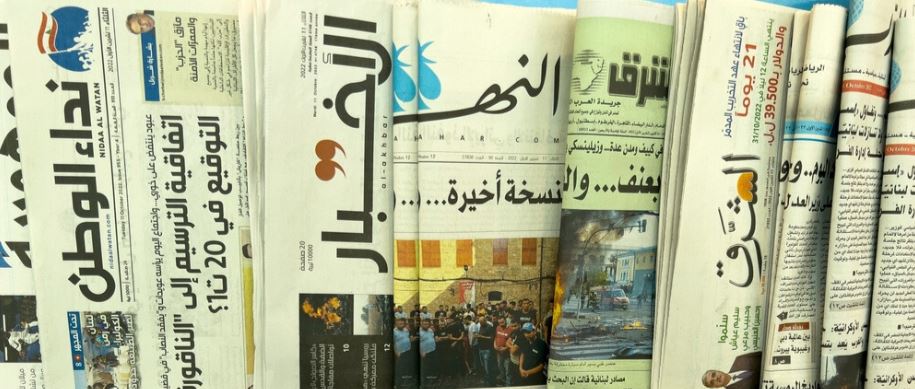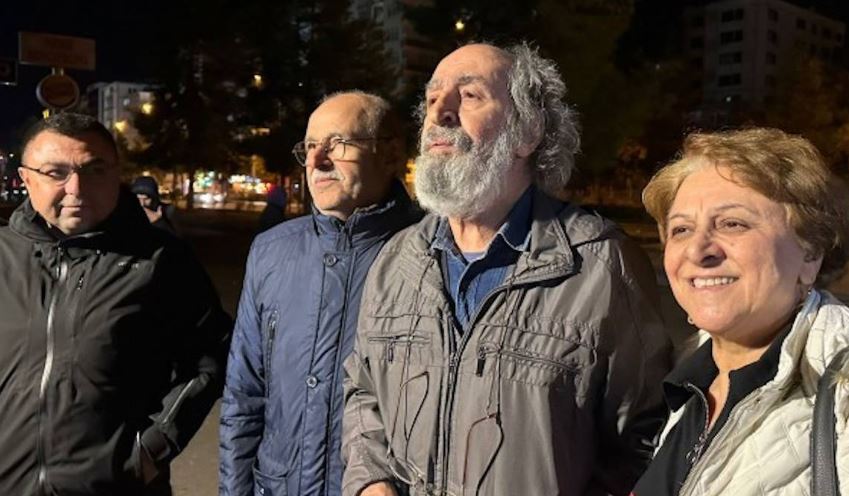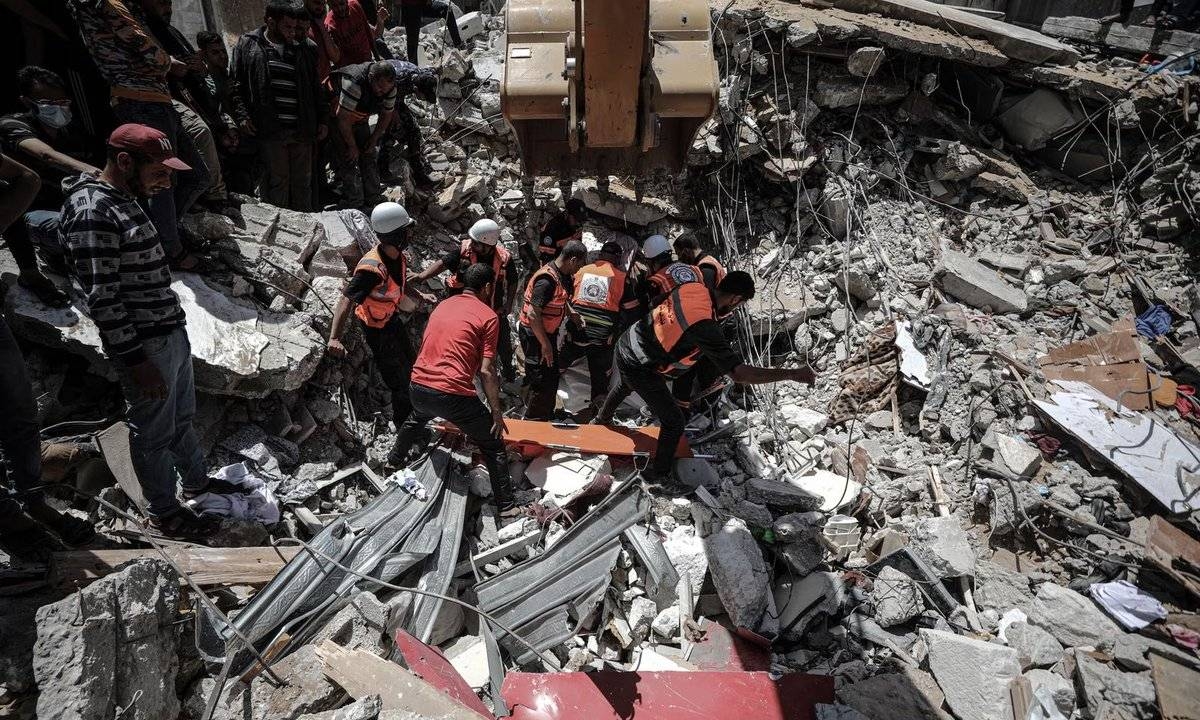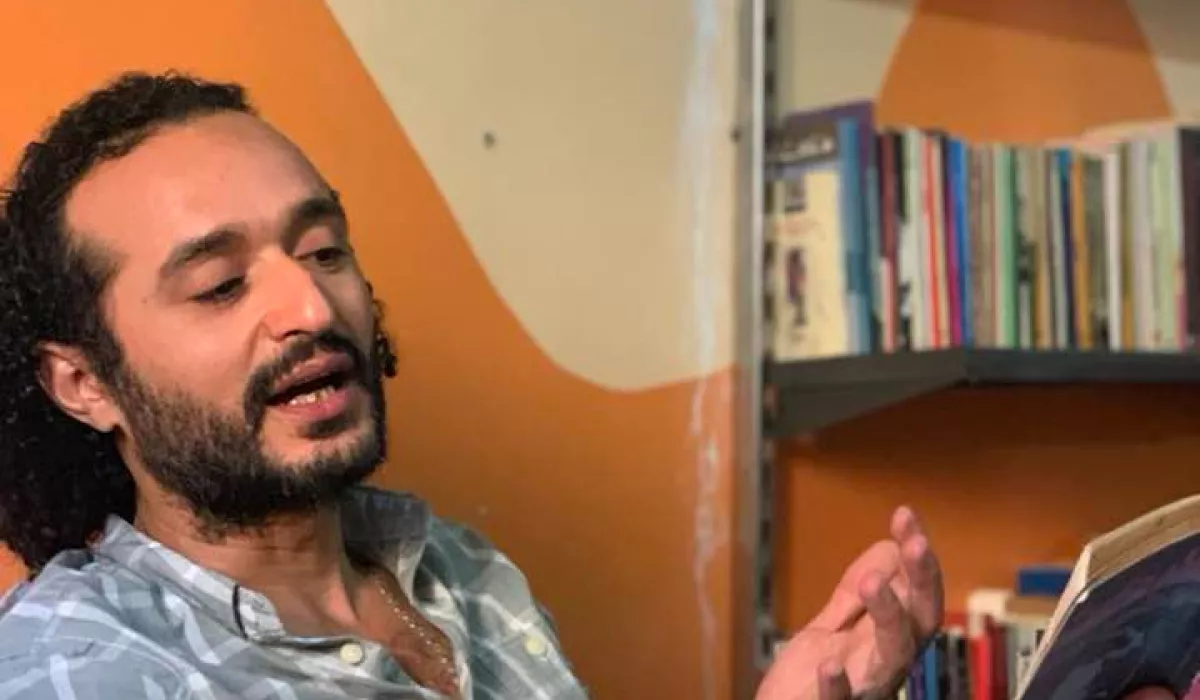
Al Jazeera Journalist Talal Aruki Injured Amid Gaza Attacks
November 28, 2024
Lebanon’s Draft Media Law Threatens Press Freedom and Free Expression
November 28, 2024November 28, 2024 – Turkey –
Turkish authorities launched widespread raids across four cities—Eskişehir, Diyarbakır, Batman, Sakarya, and Istanbul—detaining 18 individuals, including nine journalists, writers, poets, filmmakers, and cartoonists, in what prosecutors described as “membership in a terrorist organisation,” “terror propaganda,” and “financing terrorism”.
Among those arrested was Bianet reporter Tuğçe Yılmaz, questioned over recurring freelance contributions to pro‑Kurdish outlet Yeni Özgür Politika between 2017 and 2020, as well as social media activity and a recent interview with philosopher Michael Hardt. Others from Diyarbakır—journalists like Sultan Mercen (known as Roza Metina), cartoonist Doğan Güzel, writer Ömer Barasi, filmmaker Ardin Diren, and photographer Emrah Kelekçier—were transferred to Eskişehir authorities but released under judicial control on November 28.
In Eskişehir, seven individuals, including Bilal Seçkin, Erdoğan Alayumat, Serap Güneş, Suzan Demir, Havin Derya, and Tuğçe Yılmaz herself were also released, while two—Hamza Kaan and Mehmet Uçar (a teacher and journalist)—remained in custody after formal arrests.
This operation reflects a pattern of using anti-terror legislation to suppress pro-Kurdish perspectives, particularly during politically sensitive periods. The secrecy surrounding charges, use of covert investigations, and home raids echo a broader trend of criminalizing journalism tied to Kurdish expression.
Press freedom watchdogs denounced the operation, pointing out that employing such legal tools in media contexts generates chilling effects on independent reporting. Bianet, an Istanbul-based independent news agency known for its human rights coverage in Turkish, Kurdish, and English, emphasized that detentions occurred without transparent justification.
This raid aligns with other recent pressure points: numerous Kurdish journalists have been prosecuted under Turkey’s counterterror laws, intermittently detained, strip-searched, or held under judicial control for critical reporting on Kurdish issues. Such acts invite widespread concern from unions and international organizations that believe democratic backsliding is being enabled by targeting dissonant voices
Reference –




